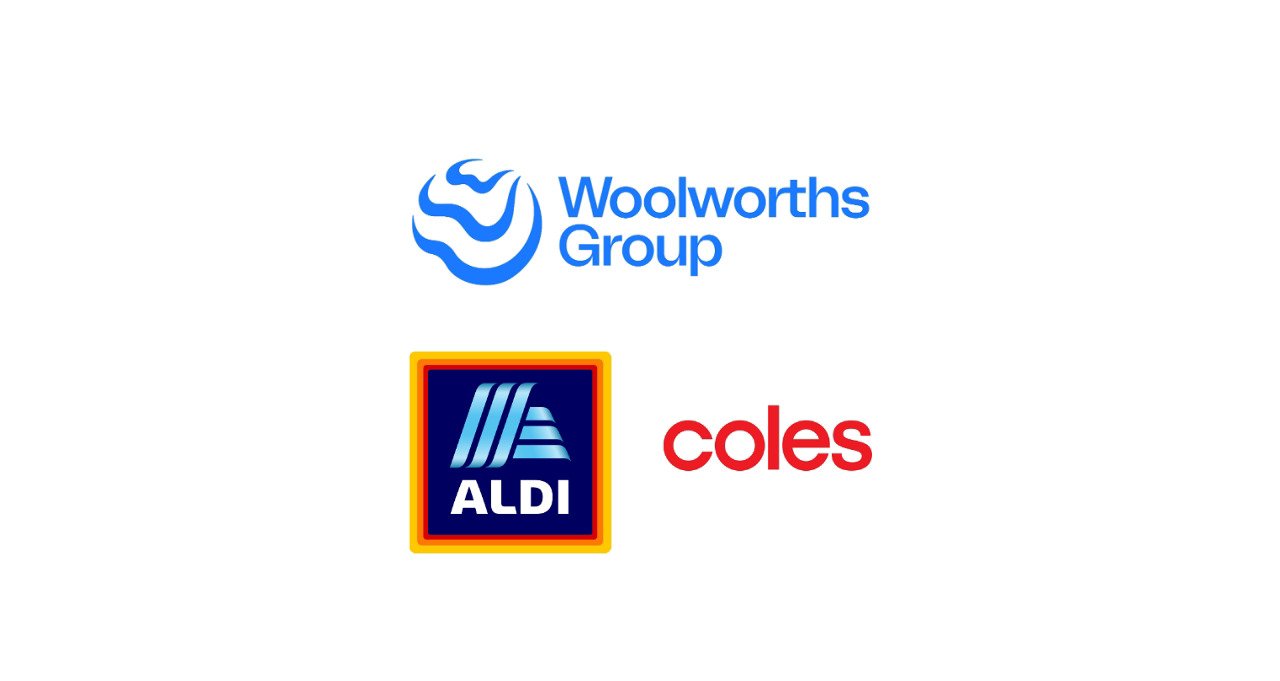
The Soft Plastics Taskforce, composed of major Australian supermarket retailers ALDI, Coles, and Woolworths, has released a Roadmap to Restart, outlining the steps necessary to launch a new soft plastic collection scheme in supermarkets. The scheme aims to restore community access to soft plastic recycling following the suspension of the REDcycle program.
Under the current plan, an initial in-store collection pilot is anticipated to launch in select stores in late 2023, provided that REDcycle’s existing soft plastic stockpiles can be cleared prior. The new program would then be gradually rolled out nationwide next year.
However, the Taskforce is severely constrained by Australia’s limited access to domestic soft plastic recycling capable of managing the “mixed polymer” soft plastics deposited by the public in supermarket collection bins. It would not be possible to recycle the volume of household soft plastics collected in a supermarket program using the domestic infrastructure.
Therefore, the Taskforce has plotted the projected gradual increase in Australian soft plastic recycling capacity over the next year as new operators launch and existing processors expand. From late 2023, the Taskforce will meet the newly available processing capacity with a staged re-introduction of in-store collections so that the volume of incoming household soft plastics does not exceed the amount that can be recycled.
According to a spokesperson for the Taskforce, restoring public trust in soft plastic recycling is paramount. The Taskforce will reintroduce soft plastic collections when it can be confident that they will be properly recycled. The best way to accelerate nationwide access to soft plastic recycling is through continued investment in recycling facilities to bring forward existing plans to expand domestic capacity.
The current timeline to launch an in-store collection pilot by late 2023 depends on the ability to clear REDcycle’s existing stockpiles of soft plastic, which Coles and Woolworths have recently been granted control of. Should new domestic processing capacity be taken up by the estimated 12,000 tonnes of stockpiled material for at least a year, the recommencement of in-store collections will be delayed.
Over the coming months, the Taskforce hopes to engage other retailers, e-commerce platforms, and consumer brands that generate soft plastics to contribute to developing the new in-store collection program.
The Taskforce recognizes the need for a long-term national soft plastic recycling strategy beyond its interim program, which has the potential to significantly increase the proportion of household soft plastic collected. The Australian Packaging Covenant Organisation estimates that less than five per cent of consumer soft plastic was collected by the REDcycle program.
The National Plastics Recycling Scheme (NPRS) outlines a new kerbside model to collect more household soft plastics. It has been developed by the Australian Food and Grocery Council with funding support from the Australian Federal Government’s National Product Stewardship Investment Fund. The scheme is based on a model that would see food and grocery manufacturers pay a levy to support recycling the soft plastics they create. It is currently being trialled in select areas.
The Victorian Government is consulting on the proposed inclusion of soft plastics in kerbside recycling bins, subject to further regulatory assessment. The Taskforce applauds this move and strongly encourages state and territory governments to support their local councils to do the same to ensure as much household soft plastic is saved from landfill as possible.
The Taskforce will continue to provide updates on its progress through 2023, and the Roadmap can be accessed through Aldi, Coles, or Woolworths' websites.














